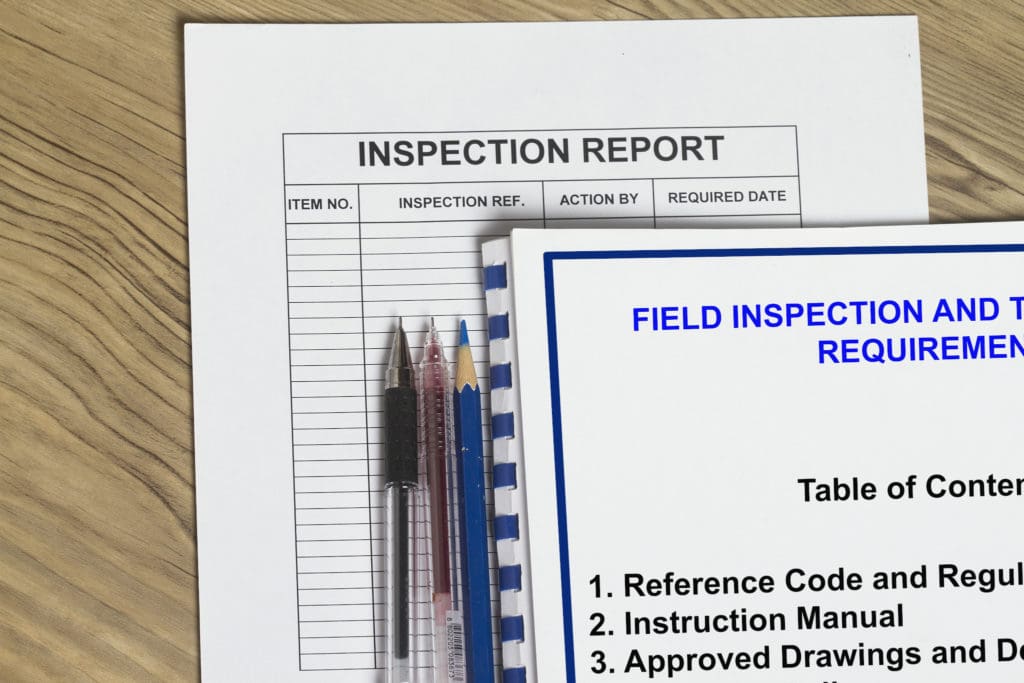Whether you are a home owner or an agent, it is important to understand how to read and understand your home energy performance certificate. You can use this information to improve your energy efficiency, lower your energy bills, and reduce your environmental impact.
Whether you are buying, renting or selling a property, it is important to find out how well it uses energy. This can help you to find ways to improve your property’s energy efficiency, reduce your energy bills and reduce your energy reliance.
Energy Performance Certificates (EPCs) are a tool that measures the energy efficiency of a building. The EPC tells you how much energy your home uses, as well as potential savings. It also shows you how much it could cost to make improvements.
Energy Performance Certificates are a legal requirement in England, Scotland and Wales. They are produced by an approved domestic energy assessor.
EPCs help you to compare the energy efficiency of your home with those of other properties. They also tell you about potential savings and carbon dioxide emissions. Having an EPC will help you to make smarter energy decisions. The EPC is also a useful tool for real estate professionals. It can help you to sell your home more quickly and easily.
Information you can get from an EPC

Having an energy performance certificate gives you an indication of the energy efficiency of your home. It tells you how much energy your property uses, how much it costs to heat and light your home and suggests ways to reduce the energy usage.
Energy performance certificates are useful to homeowners, buyers and renters. They are issued by Domestic Energy Assessors. They provide information on how to save energy and carbon dioxide emissions.
EPCs rate a property on an energy efficiency scale from ‘A’ to ‘G’. A property with a rating of ‘G’ means that it is extremely energy inefficient. Typical properties fall into the D or E bands. The higher your rating, the lower your fuel bills.
An EPC is valid for 10 years. It should be updated whenever there is a change in occupancy or when you buy or sell a property. If you fail to update your EPC you could receive a penalty charge notice.
The Department of Finance website provides advice on energy performance certificates. It also has a search facility for EPCs by postcode. You can also find assessors who are registered on the EPC register.
Fines for fraudulantly acting as a certifying technician or as an independent agent for building certification
During the past year, the Justice Department has been in the enviable position of prosecuting a wide variety of fraud matters. The department’s fraud task force has been tasked with investigating the biggest fraud perpetrators on the government contracting landscape. The department has been able to successfully prosecute the likes of Navistar Defense LLC for the fines for fraudulantly acting as a certifying technician or as an independent agent for building certification.
The big question is, what constitutes a fine and what penalties do you face if caught red handed? If you have been caught for the nefarious acts of a certified technician, you could be looking at a fine of up to tens of thousands of dollars, depending on the severity of the charge. The nitty gritty details are best left to your lawyer. A certified technician is defined as anyone licensed to perform work on or near buildings as a licensed architect, licensed structural engineer, licensed fire inspector, or any other individual licensed to do so under the jurisdiction of the State.
Searching for an EPC

Whether you are planning to buy, rent or renovate a property, an energy performance certificate can save you money. This is because the certificate will tell you about the energy efficiency of the property and provide you with recommendations on how to improve the rating.
The Energy Performance Certificate (EPC) is a report produced by a Domestic Energy Assessor. It provides information on the energy efficiency of a property and its carbon emissions. The rating ranges from A to G, with a higher rating indicating a more energy efficient building.
The EPC process is a thorough and non-disruptive way to assess a property’s energy efficiency. Depending on the size of the building, the assessment can take up to a full day.
The process begins when you contact an approved Domestic Energy Assessor. The assessor will inspect the building and take photographs. He will also need to know what kind of renewable energy systems are used. These systems are often subsidized by government schemes.
Looking for a qualified EPC Assessor in your Area?
Try the search form below for instant results!!
Select button for EPC Type and Postcode, then hit the "Find Assessors" button. The search the page will then display assessors in your area
EPC search form provided free by Go Local EPC Ltd

